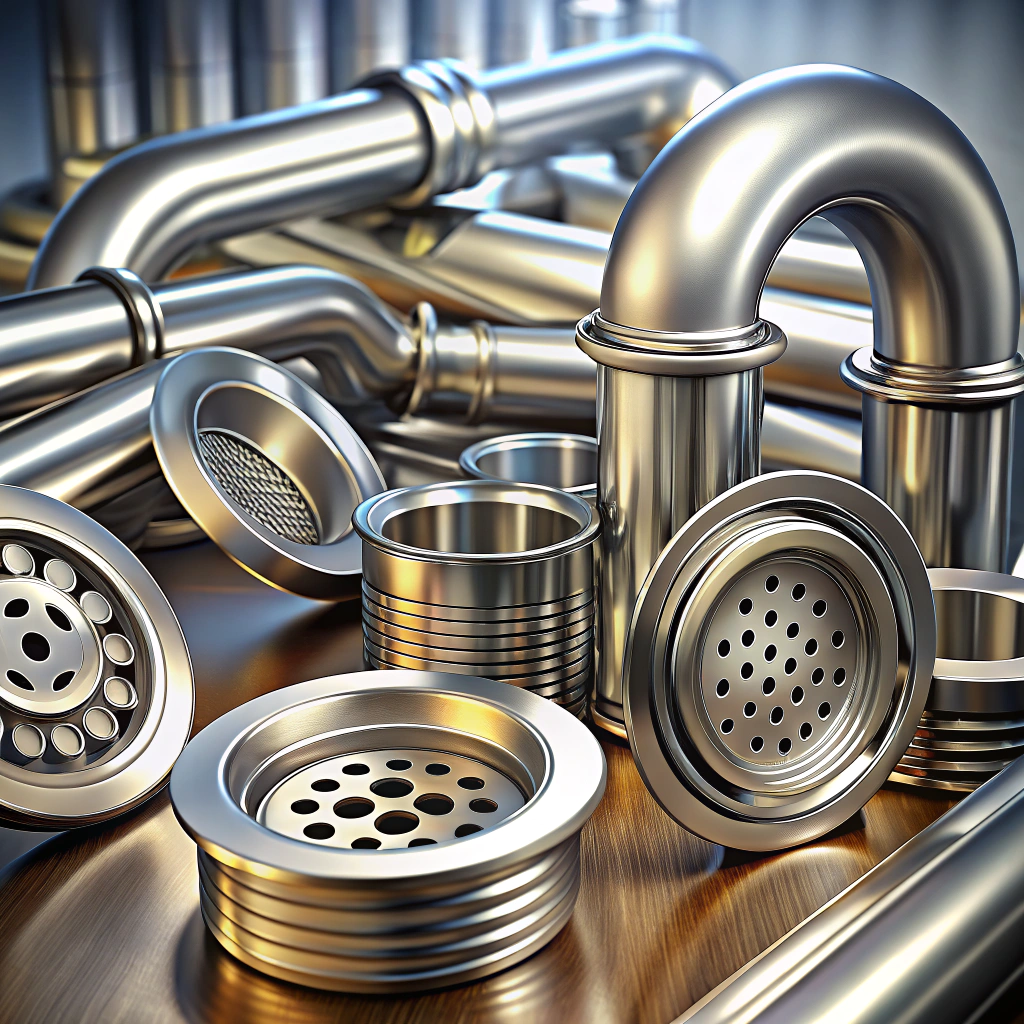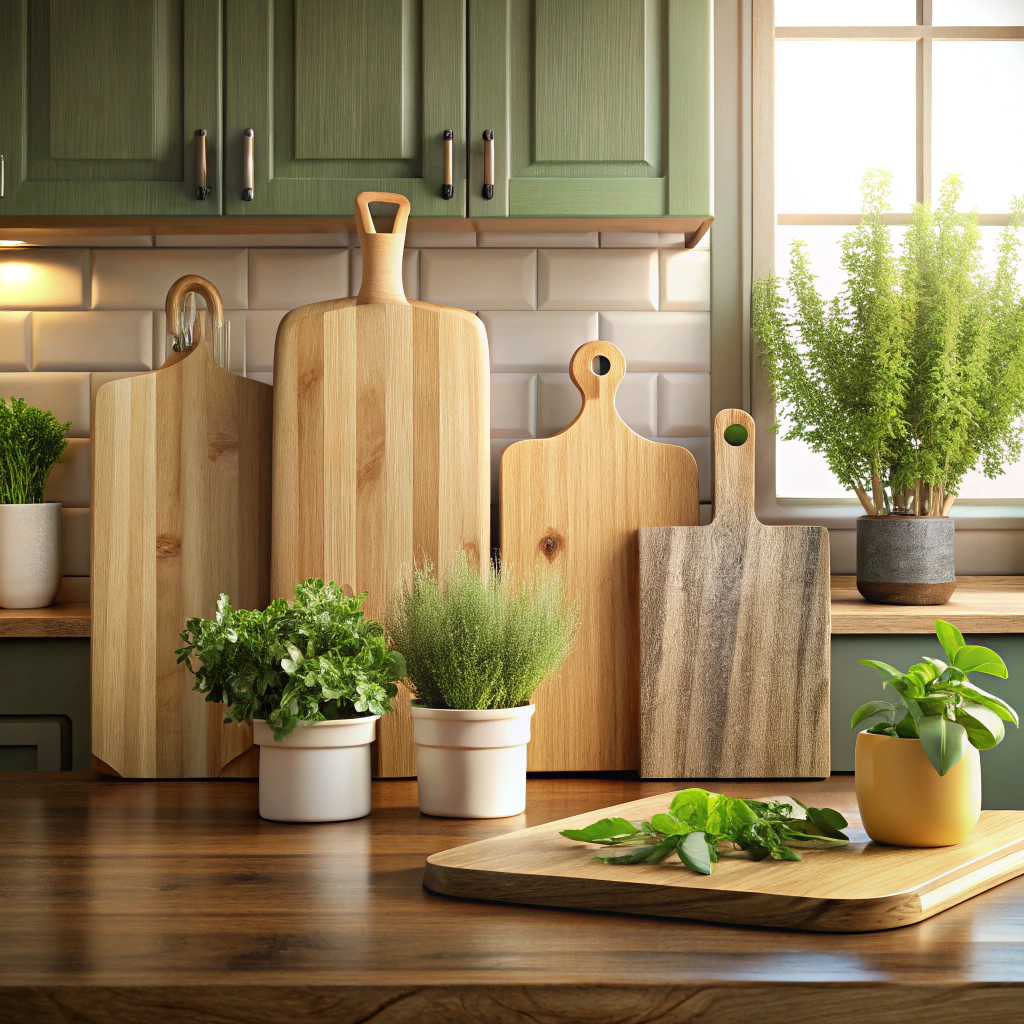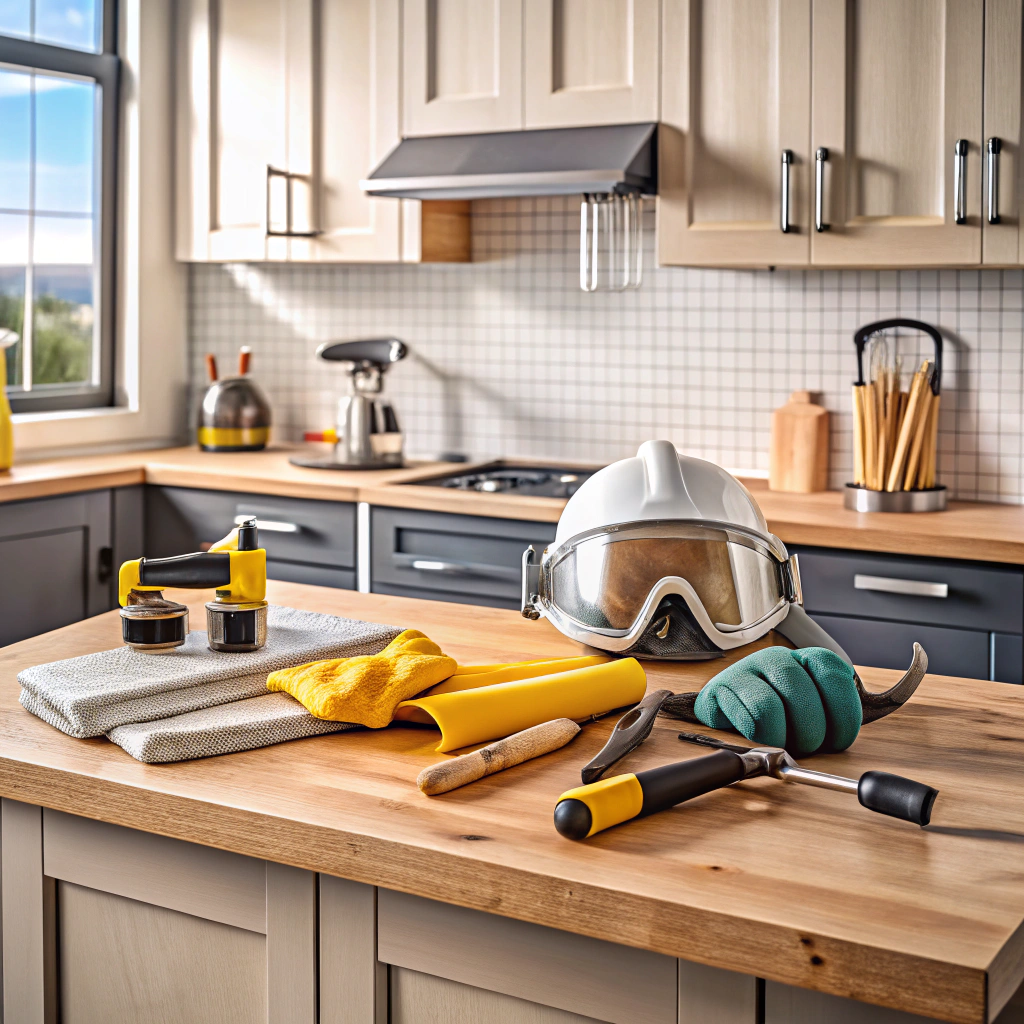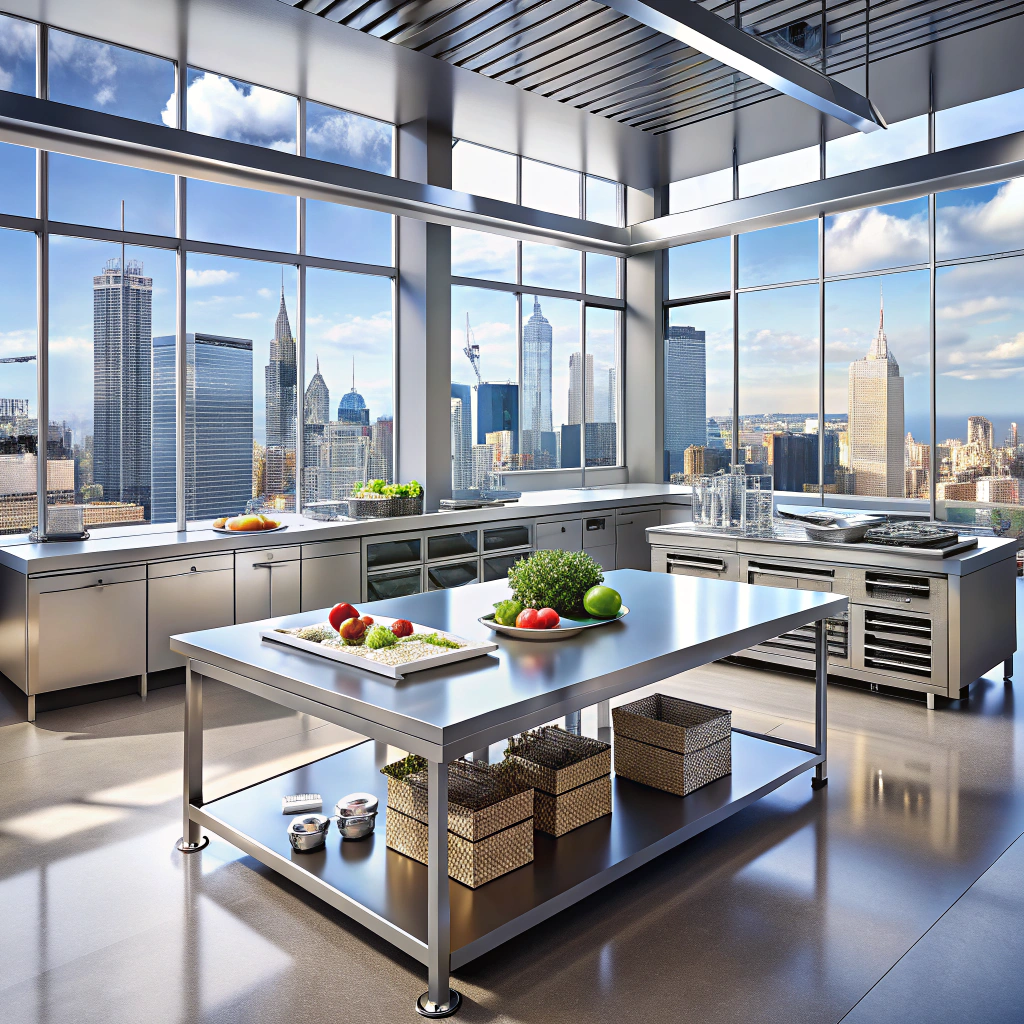Last updated on
Explore the stunning world of countertops as we dive into a comprehensive comparison between elegant marble and durable quartzite to help you make the perfect choice for your home.
One thing that never goes out of style is a beautiful countertop. It’s the centerpiece of any kitchen or bathroom and can make or break the overall design aesthetic. When choosing a countertop material, two options often come up are marble and quartzite.
Both are stunning choices, but which one is right for you? In this article, we’ll explore the pros and cons of each material so you can make an informed decision for your home renovation project.
Key takeaways:
- Marble countertops offer a unique, elegant appearance with diverse colors and patterns, while quartzite has a more uniform look.
- Marble is more prone to staining and scratching, requiring regular sealing, whereas quartzite is less porous and requires less maintenance.
- Quartzite is more durable than marble, highly resistant to scratches, chips, and cracks.
- Quartzite can withstand high temperatures without damage, while marble is not as heat-resistant.
- Generally, marble is more expensive due to its rarity and sourcing difficulties, whereas quartzite is typically less costly but prices can vary based on unique patterns or colors.
What's Inside
Marble Countertops
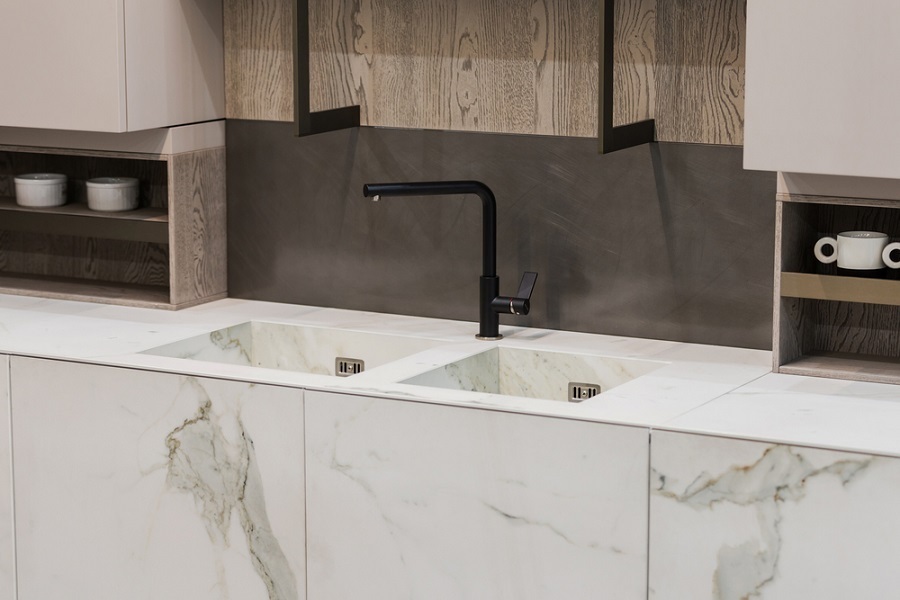
Marble countertops are a classic choice for any home. They have been used in homes for centuries and continue to be popular today.
Marble is a natural stone that comes in many different colors and patterns, making it easy to find the perfect match for your design style.
One of the most significant advantages of marble countertops is their unique appearance. No two slabs are alike, so you can create a one-of-a-kind look in your kitchen or bathroom.
The veining patterns on marble give it an elegant and luxurious feel that cannot be replicated with other materials.
However, there are also some downsides to consider when choosing marble countertops. Marble is porous, which means it can stain easily if not sealed properly or cleaned up quickly after spills occur.
It’s also prone to scratching and etching from acidic substances like lemon juice or vinegar.
Quartzite Countertops
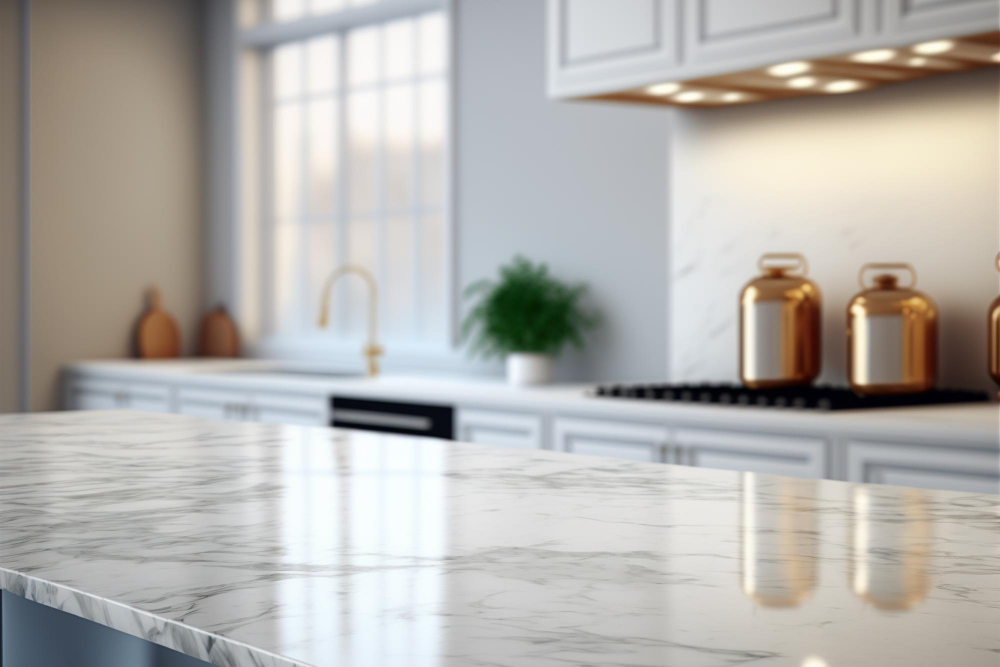
Quartzite is a natural stone that is formed from sandstone and quartz under high heat and pressure. This process creates an incredibly hard, durable material that can withstand daily wear and tear.
One of the biggest advantages of quartzite countertops is their strength. They are highly resistant to scratches, chips, and cracks, making them ideal for busy kitchens or bathrooms where spills or accidents occur frequently.
Another advantage of quartzite countertops is their low maintenance requirements compared to other natural stones like marble or granite. They do not require sealing as often as other materials because they are less porous than most natural stones.
However, it’s important to note that while quartzite has many benefits over other countertop materials, it also has some limitations. For example, it can be more expensive than some options such as laminate or tile due to its durability and unique appearance.
Appearance Comparison

Marble is known for its classic beauty with unique veining patterns that add character to any space. It’s available in a range of colors from white and gray to pink, green, and black.
On the other hand, quartzite has a more uniform appearance with subtle patterns that give it an elegant look. It’s also available in various shades ranging from white and gray to beige, brown, blue-green hues.
Durability & Strength
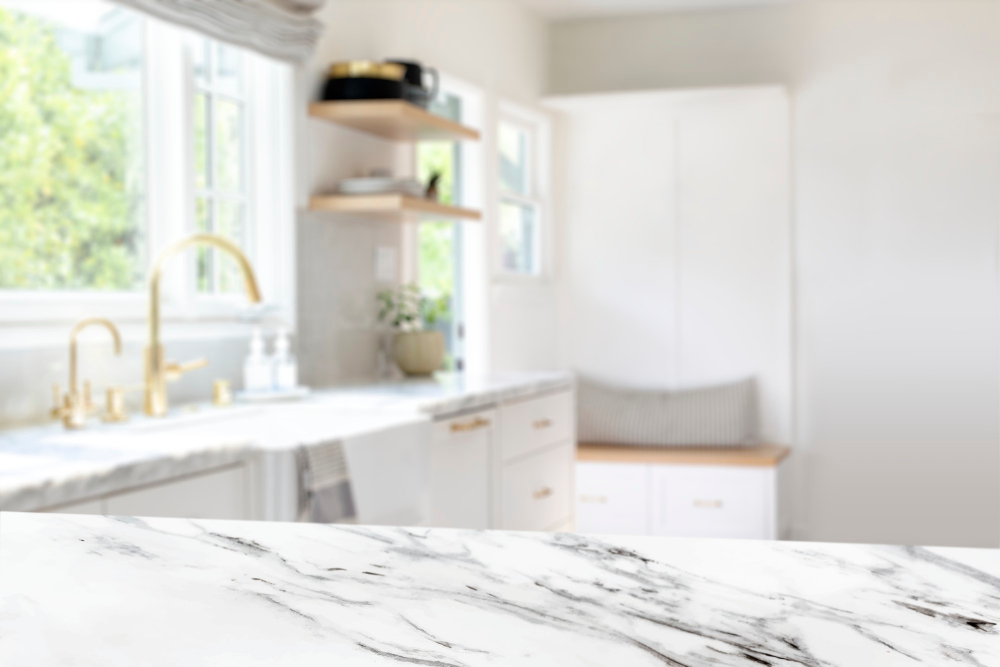
Marble is a relatively soft stone, making it more prone to scratches and chips than quartzite. It’s also susceptible to etching from acidic substances like lemon juice or vinegar, which can leave dull spots on the surface.
On the other hand, quartzite is one of the hardest natural stones available for countertops. It’s highly resistant to scratches and chips, making it an ideal choice for high-traffic areas like kitchens or bathrooms.
Because quartzite is non-porous (unlike marble), it doesn’t require sealing as often.
There’s no contest when comparing durability and strength between marble vs. Quartzite countertops; Quartzites’ hardness makes them much more durable than marbles’.
Maintenance Requirements

Marble is a porous material that can easily stain if not sealed properly. It’s also prone to etching from acidic substances like lemon juice or vinegar, which can leave dull spots on the surface.
To prevent this, you’ll need to wipe up spills immediately and avoid using harsh chemicals when cleaning.
On the other hand, quartzite is a non-porous material that doesn’t require sealing like marble. It’s resistant to stains and scratches but still requires regular cleaning with mild soap and water or a stone-specific cleaner.
Cost Differences
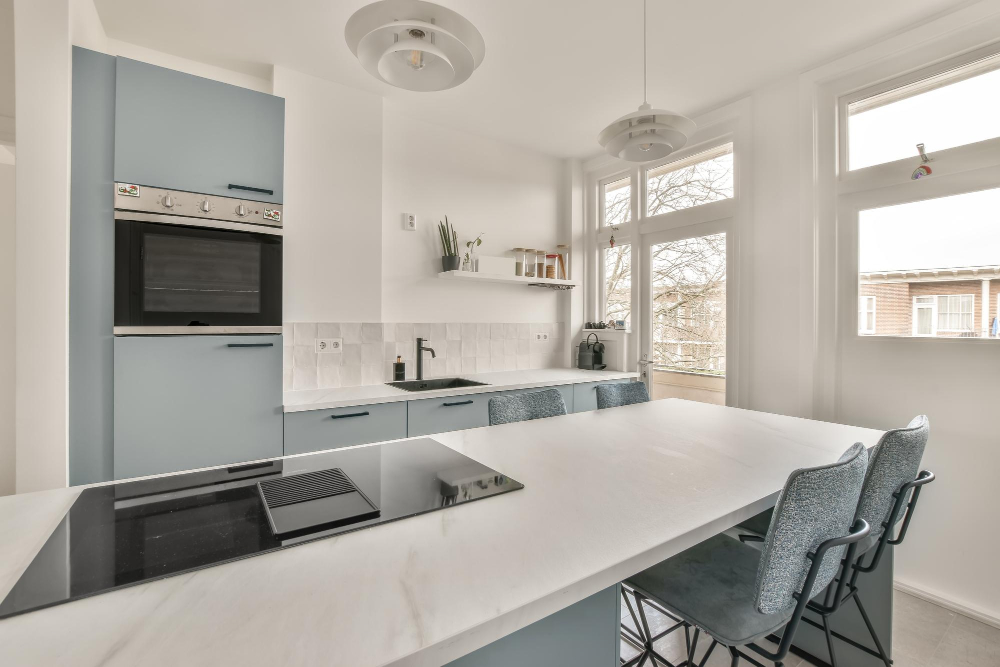
Marble is generally more expensive than quartzite due to its rarity and the difficulty in sourcing it. The cost of marble can vary depending on the type, with some varieties being more expensive than others.
On the other hand, quartzite tends to be less costly compared to marble because it’s easier to source and produce. However, keep in mind that certain types of quartzites can still be quite pricey due to their unique patterns or colors.
When deciding which material fits your budget better, you should also take into account any additional costs such as installation fees or maintenance expenses over time.
Ultimately, both materials have their own advantages and disadvantages when it comes down to cost differences.
Heat Resistance

Quartzite can withstand high temperatures without any damage or discoloration. This makes it ideal for homeowners who love to cook and bake frequently.
On the other hand, marble is not as heat-resistant as quartzite and can be damaged by hot pots and pans placed directly on its surface. Marble countertops are prone to cracking or chipping due to thermal shock caused by sudden temperature changes.
To protect your marble countertop from heat damage, always use trivets or hot pads when placing hot items on its surface. It’s also essential to avoid exposing your marble countertop directly under sunlight since this could cause discoloration over time.
Stain Resistance
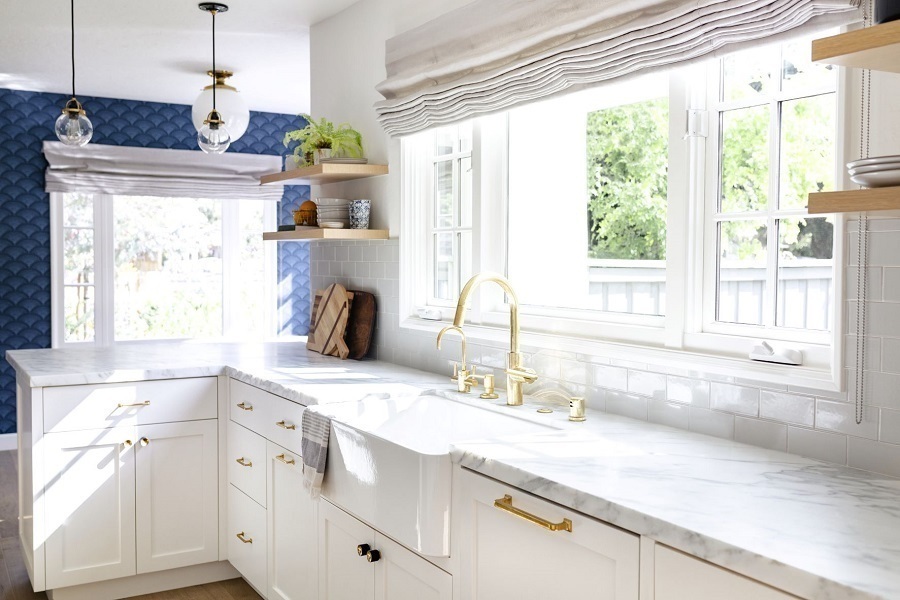
Marble is a porous material and can be easily stained by acidic substances like lemon juice or red wine. On the other hand, quartzite has a non-porous surface that makes it highly resistant to staining.
If you’re someone who loves cooking and experimenting with different ingredients in your kitchen, then quartzite may be the better choice for you. It’s less likely to absorb spills and stains from food products than marble.
However, if you’re set on having marble countertops in your home but are worried about staining issues, there are ways around this problem. You can have them sealed regularly by professionals which will help prevent liquids from penetrating into its pores.
Installation Process

Both materials require professional installation to ensure a perfect fit and proper sealing. However, there are some differences in the process that you should be aware of.
Marble is a softer material than quartzite, which means it can be more challenging to work with during installation. It’s essential to handle marble carefully as it can easily crack or chip if not handled correctly.
Quartzite, on the other hand, is much harder than marble and requires specialized tools for cutting and shaping during installation. The hardness of this material makes it more durable but also adds complexity to its fabrication.
Regardless of which material you choose, make sure that your installer has experience working with both types of stone countertops before hiring them for your project. A skilled professional will ensure that your countertop fits perfectly into place while minimizing any potential damage or issues during the install process.
Environmental Impact
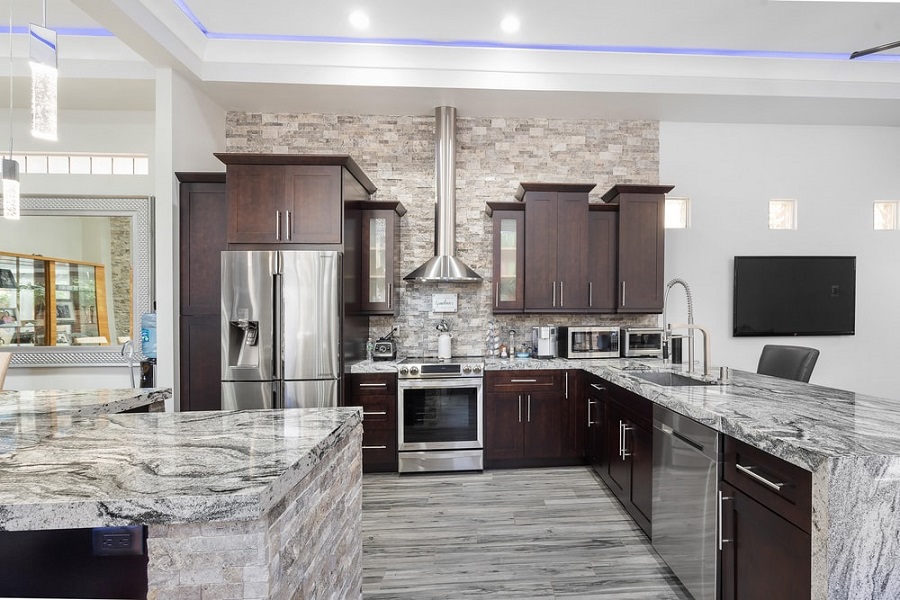
When it comes to countertops, both marble and quartzite have their pros and cons in terms of sustainability.
Marble is a natural stone that is quarried from the earth. While this means that each slab has its unique beauty, it also means that there are limited resources available for extraction.
Quarrying can cause significant damage to local ecosystems if not done responsibly.
On the other hand, quartzite is an engineered stone made from crushed natural quartz mixed with resin binders. This process allows for more control over color consistency and pattern options while using fewer resources than traditional mining methods used for marble.
However, some argue that because resin binders are petroleum-based products they may contribute negatively to air quality during production or disposal processes when compared with naturally occurring materials like marble which do not require synthetic additives.
Ultimately both materials have their advantages and disadvantages when considering environmental impact factors so choosing between them will depend on your personal values as well as practical considerations such as cost-effectiveness or durability requirements.

